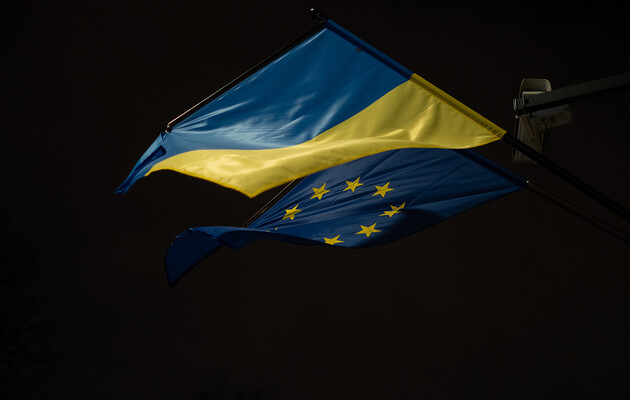Author Balázs Romhányi,
Fiscal Responsibility Institute Budapest
The chances that Putin’s war will be won by Ukraine is high enough to think already about post-war reconstruction. A huge task, especially from Ukraine’s difficult starting point.
I argue that right after having protected its political sovereignty from Russia, Ukraine will have to give up voluntarily and temporarily a significant part of its economic sovereignty to accelerate the recovery. Before throwing stones at the author for this assertion please pause and think about Ukraine’s candidacy for EU membership. It is of the essence of the EU that member states delegate a significante part of their economic decision making to Brussels and Frankfurt.
Even if Ukraine can triple the residential construction tempo compared to the best pre-war years (as the Germans did after WWII ), the housing reconstruction program will need at least 10 years. Foreign participation is simply indispensable. However, before the war, the per capita stock of foreign direct investment in Ukraine was less than 1400 USD. In neighboring Poland, an EU member state, this number was more than 6200. Though these numbers are quite in line with per capita GDPs in the respective countries, lack of FDI and poverty are not a chicken and egg type of problem. Scientific evidence shows that FDI inflow precedes GDP growth, not vice versa.
But how could FDI be attracted into Europe’s currently riskiest economy? Without policy intervention, only highly risk-seeking and subsidy-hunting foreign investors would come – precisely the type of actors who should not be let in. An “organic” process of gradual normalization would take at least a generation, leaving open the door for the next destabilizing political crises that might set the country back to square one. Partner governments have to mitigate the risk to a level where normal investors with a very long-term perspective are willing to participate. But simply shifting the risk from Ukrainian tax payers to foreign taxpayers without giving the latter appropriate tools to manage and mitigate this risk is neither fair nor viable. This is where EU always faces the fundamental problem of member state sovereignty. The EU still tries to work as a club based mostly on peer pressure. Any government can always use its veto in completely unrelated topics just to blackmail the larger community and prevent the previously agreed rules and values to be really enforced. The amount of money and capital that Ukraine needs now cannot be borrowed in any club. At best, it is available from highly professional banks who will certainly insist on a detailed business plan, regular reporting, ban on paying dividends, right for other preventive contingency measures, independent dispute resolution, and last but not least, adequate collaterals, etc.
Such limitations on the debtor’s permissible actions and decisions are absolutely normal in the case of private persons or companies, but much less enforceable in the case of a country. The debtor government will always have the temptation to hide behind the fences of sovereignty. There were cases in the history (e.g. Mexico in 1861), when sovereignty of the non-paying debtor was taken away by force, but in twenty-first century Europe, this is both theoretically and – as we see precisely in Ukraine – practically impossible. Hence, the only way to manage and mitigate the risk is to agree on credible and effective preventive mechanisms. For sure, this will imply Ukraine giving up part of its economic sovereignty for some time. The part to be given up will certainly have to be bigger than the economic sovereignty given up by eurozone member states. Letting in the European Anti-Fraud Office (OLAF) is just the starting point. Domestic legislation will have to give formal word to some external agent in key decision-making processes. Moreover, in the short run, Ukraine cannot get any rights or leverage over other countries in exchange.
Presumably most Ukrainian citizens would agree to tie the hands of their own government in this way and for this reason for a limited time. The much more complicated question is: who should be the custodian of the interest of foreign tax payers? Neither a potentially despotic single agent, nor an inefficiently large stakeholder committee can be a good solution. Probably some sort of a trilateral body composed of the EU Commission (the key player in regulation), the IMF (for macro-fiscal sustainability with experience in multiyear programs) and some international development bank (expertise in contracting and large-scale project management) can be sufficiently representative and legitimate, yet competent and efficient. Such self-constraint on economic sovereignty may be a hard sell, especially right after a heroic victory to protect national sovereignty. Yet, like Ulysses binding himself to the mast of his ship to enjoy the Sirens’ song, it is likely to help rebuild Ukraine better and faster. It is therefore in Ukraine’s best long-term national interest.
